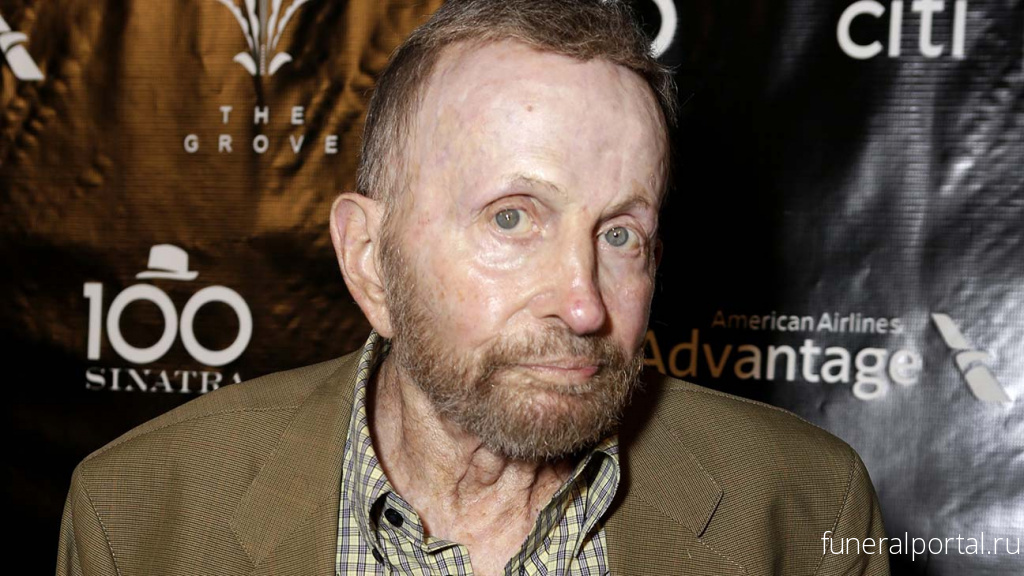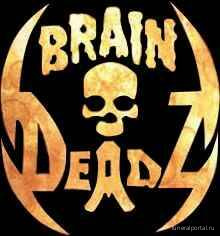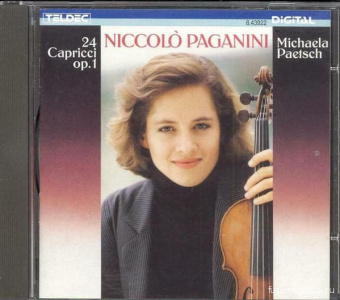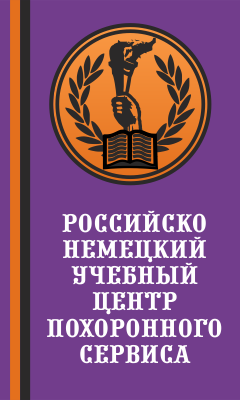by Mike Barnes
The Oscar winner, five-time Grammy recipient and trombonist worked with Woody Herman, Count Basie, Quincy Jones, Frank Sinatra and Barbara Streisand.
Johnny Mandel, the famed composer and arranger behind the Oscar-winning song "The Shadow of Your Smile" and "Suicide Is Painless," the theme from the M*A*S*H movie and television series, has died. He was 94.
Mandel died Monday at his home in Ojai, his daughter, Marissa, told The New York Times.
Mandel, who played the trumpet and the trombone, took his first crack at a motion-picture score when he wrote the jazzy music for the Susan Hayward drama I Want to Live! (1958), directed by Robert Wise.
He also was the composer on other noteworthy films like The Americanization of Emily (1964), Harper (1966), Point Blank (1967), The Last Detail (1973), Being There (1979), Caddyshack (1980) and The Verdict (1982); scored Sid Caesar's Your Show of Shows for two years; and came up the opening theme for the 1980s Ted Knight sitcom Too Close for Comfort.
In the early years of his career, Mandel arranged for and/or played with the likes of Jimmy Dorsey, Woody Herman, Artie Shaw, Alvino Rey, Buddy Rich, Boyd Raeburn and Count Basie, and one of his best-known compositions, "Straight Life," was a big hit for Basie in 1953.
The versatile Mandel went on to collaborate with Hoagy Carmichael, Quincy Jones, Frank Sinatra, Tony Bennett, Mel Torme, Shirley Horn, Mae West, Barbra Streisand, Andy Williams, Peggy Lee (on "Close Enough for Love"), Diana Krall, Nat King Cole and Natalie Cole and many others.
A native of New York, Mandel arranged "The Shadow of Your Smile" — which featured a trumpet solo by Jack Sheldon — and Paul Francis Webster supplied the lyrics for the haunting song first heard in Vincente Minnelli's Big Sur-set The Sandpiper (1965), starring Elizabeth Taylor and Richard Burton.
In addition to an Oscar, Mandel also collected one of his five career Grammy Awards — for Song of the Year — for the lovely tune, which has been heard in elevators everywhere and covered by Streisand, Tony Bennett, Herb Alpert & the Tijuana Brass and more.
Mandel and Webster received another best original song Oscar nom the following year for "A Time for Love" from An American Dream (1966), starring Stuart Whitman and Janet Leigh.
Before one frame was shot, Mandel was commissioned by director Robert Altman to compose a song he wanted to be called "Suicide Is Painless" for the 1970 movie M*A*S*H. It was to go with the scene in which Capt. Walter "Painless Pole" Waldowski (John Schuck) climbs into a casket after a depressing episode of failed love-making with a nurse.
Altman also told Mandel, "It's got to be the stupidest song ever written."
"I said to myself, 'Well, I can do stupid,' " Mandel recalled in an extensive 2008 interview with music journalist Marc Myers for the JazzWax blog. "Bob was going to take a shot at the lyrics. But he came back two days later and said, 'I'm sorry, but there's just too much stuff in this 45-year-old brain. I can't write anything nearly as stupid as what we need.' "
So it was left to Michael Altman, the director's 15-year-old son, to come up with the lyrics, and Mandel wrote the music to accompany the kid's words. (Robert Altman famously said that while he was paid $70,000 to direct M*A*S*H, his son made more than $1 million.)
John Alfred Mandel was born on Nov. 23, 1925, in New York and raised on the Upper West Side. His father owned a clothing company, and his mom once harbored dreams of being an opera singer. In 1934, he and the family moved to Los Angeles, settling in Hancock Park.
When he was 11, a cousin who was a drummer in a traveling jazz band described his lifestyle to Mandel. After that, "I wanted to become a musician, too," he said. "It sounded like they had a blast."
Back in New York after his father had died of a sudden heart attack, Mandel became friends with the son of a music publisher, and he got to see many of the big bands of the late 1930s. "I knew by then I wanted to play a horn," he told Myers. "It had to be a trumpet or saxophone, something you kissed."
He studied the trumpet at boarding school in Tarrytown, New York, then woke up the cadets with a bugle call while on scholarship at the New York State Military Academy in Cornwall-on-Hudson.
One summer, Mandel toured with jazz violinist Joe Venuti; he also learned how to write a score from Van Alexander, writer of "A-Tisket, A-Tasket," made popular by Ella Fitzgerald. In 1944, he joined Raeburn's band and arranged songs before going back to school at Juilliard and the Manhattan School of Music.
Mandel scored shows for the radio station WMGM and turned out music for Your Show of Shows in 1950 and '51. Around this time, he also wrote and arranged explosive material for Shaw's band.
Mandel joined up with Basie in 1953, then gave up the trombone to concentrate on composing and arranging.
Composer Andre Previn recommended him for the job on I Want to Live!
"The people working on the film didn't really know how to do authentic jazz for the movies, so they left me alone," Mandel said. "It was a great experience for me. All the stuff the musicians were playing in the film was written by me, except, of course, the solos [like one performed by saxophonist Gerry Mulligan]. That was my introduction to film, and I found I loved working on movies."
He had a hit with "Emily," a song from Arthur Hiller's The Americanization of Emily that featured lyrics by Johnny Mercer.
"I wrote a melody that I felt fit Julie Andrews' character: an uptight English nurse who had no love for the Americans stationed in England during World War II," he said. "She was very Brit, and the English had been doing without for a long time over there before the Americans arrived."
In 1960, Sinatra selected him to arrange Ring a Ding Ding, the singer's first recording for his new Reprise label.
Mandel film composing résumé also included Drums of Africa (1963), The Russians Are Coming, The Russians Are Coming (1966), Altman's That Cold Day in the Park (1969), The Sailor Who Fell From Grace From the Sea (1976), Freaky Friday (1976), Deathtrap (1982), Staying Alive (1983) and Brenda Starr (1989).
Mandel, who collected 17 Grammy nominations during his career, also received Emmy noms in 1985-87 for his work on the telefilms A Letter to Three Wives; LBJ: The Early Years; and Foxfire.
"I had the great honor of witnessing his unique gifts personally when we co-wrote 'Close Enough for Love.' I cherish that experience," ASCAP president and Academy Award-winning songwriter Paul Williams said in a statement.
"Johnny proudly served his fellow music creators on the ASCAP board for many years, and his work paved the way for future generations of songwriters and composers to pursue a life in music as he had. He was a true jazz spirit, and that spirit will live on in his music and in our hearts for eternity."
Duane Byrge contributed to this report.









